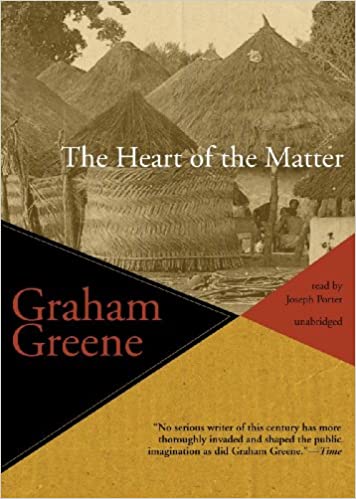



Judge Kelly’s rulings allowed prosecutors to introduce damning evidence about the violent behavior and aggressive language of members of the Proud Boys who had only limited connections to the five defendants. Kelly, that tested the boundaries of conspiracy law. The sedition trial sprawled over the course of more than three months and was characterized by frequent delays, frayed relations between the defense and prosecution and several decisions by the presiding judge, Timothy J. More than 20 other members of the group from chapters ranging from New York to Hawaii were ultimately charged in separate cases in connection with the Capitol attack. The defendants were taken into custody in a series of arrests beginning in January 2021. The Proud Boys - who had been fighting on the streets since 2017 for a range of far-right causes - became a central focus of the F.B.I.’s investigation into Jan. “Today’s verdicts make clear that the Justice Department will do everything in its power to defend the American people and American democracy,” he said, adding: “Our work will continue.” Garland noted that prosecutors had now secured sedition convictions against leaders of both the Proud Boys and Oath Keepers and promised to keep the Jan. In a brief statement on Thursday, Attorney General Merrick B. Pezzola of sedition was notable: He was the sole defendant who was not a leader of the Proud Boys, but among the five men he was also the most violent during the Capitol attack. And they were found guilty of other felonies as well.

On the conspiracy counts alone, the men could face a maximum of nearly 50 years in prison. All five defendants were convicted of a third conspiracy count as well, which accused them of interfering with the duties of members of Congress that day. Pezzola, the men were also found guilty of conspiring to obstruct the certification of the election, which took place at the Capitol on Jan. Pezzola and the other defendants - Ethan Nordean, Joseph Biggs and Zachary Rehl - remained steely. Six of those defendants - including Stewart Rhodes, the organization’s founder and leader - were convicted of sedition each of the others was found guilty of different serious felonies.Īs the verdicts were read in the fourth-floor courtroom, Mr. The sedition charge, which is rarely used and harks back to the Union’s efforts to protect the federal government against secessionist rebels during the Civil War, was also used in two separate trials against nine members of another far-right group, the Oath Keepers militia.


 0 kommentar(er)
0 kommentar(er)
